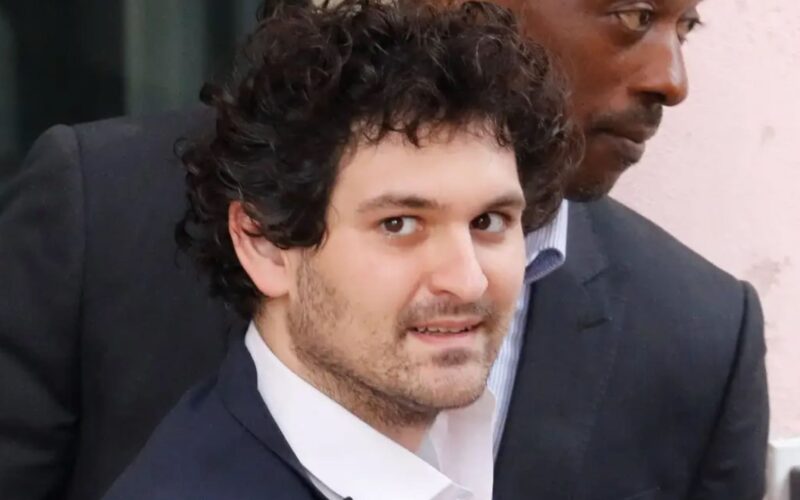The hour is approaching for Sam Bankman-Fried. Nearly a year after the announcement of the bankruptcy of FTX and Alameda Research, the trial of the latter is set to begin on October 3rd. However, details still need to be resolved, including the composition of the jury that will be responsible for judging SBF’s actions.
In the American legal procedure, both parties in a trial can choose to challenge jurors before the trial. The final composition of the jury is only definitively established once this step is completed.
In order to do this sorting, the parties present the questions they will ask potential jurors to the judge in charge of the case. In a recent document, the prosecutors are contesting the questions put forth by SBF’s lawyers.
Prosecutors consider SBF lawyers’ questions to the future jury to be intrusive
Tension is building and the prosecutors do not want to leave anything to chance. Especially not the composition of the jury that will determine the fate of Sam Bankman-Fried. Therefore, they want to limit the scope of the questions posed by SBF’s lawyers.
In a document submitted to the judge in charge of the case, the prosecutors explain the reasons why SBF’s lawyers’ questions should be limited to ensure the integrity of the upcoming trial.
Firstly, they explain that “several of the questions proposed by SBF are intrusive”. Indeed, SBF’s lawyers want to inquire about the future jurors’ opinion on “effective altruism”, political donations, or their ability to understand behavioral disorders.
For example, SBF’s lawyers plan to ask them if they believe it is reprehensible to give money to political candidates or lobbying groups to defend their interests. According to the prosecutors, these questions “constitute a thinly veiled attempt to advance the idea that SBF sought to improve the world through his wealth”.
They add that this strategy, although legitimate during the trial, has no place in this preliminary stage of jury selection. For example, the prosecutors believe that “implying to the jury that the defendant suffers from an attention disorder would only serve to present him in a favorable light even before the start of the trial”.




